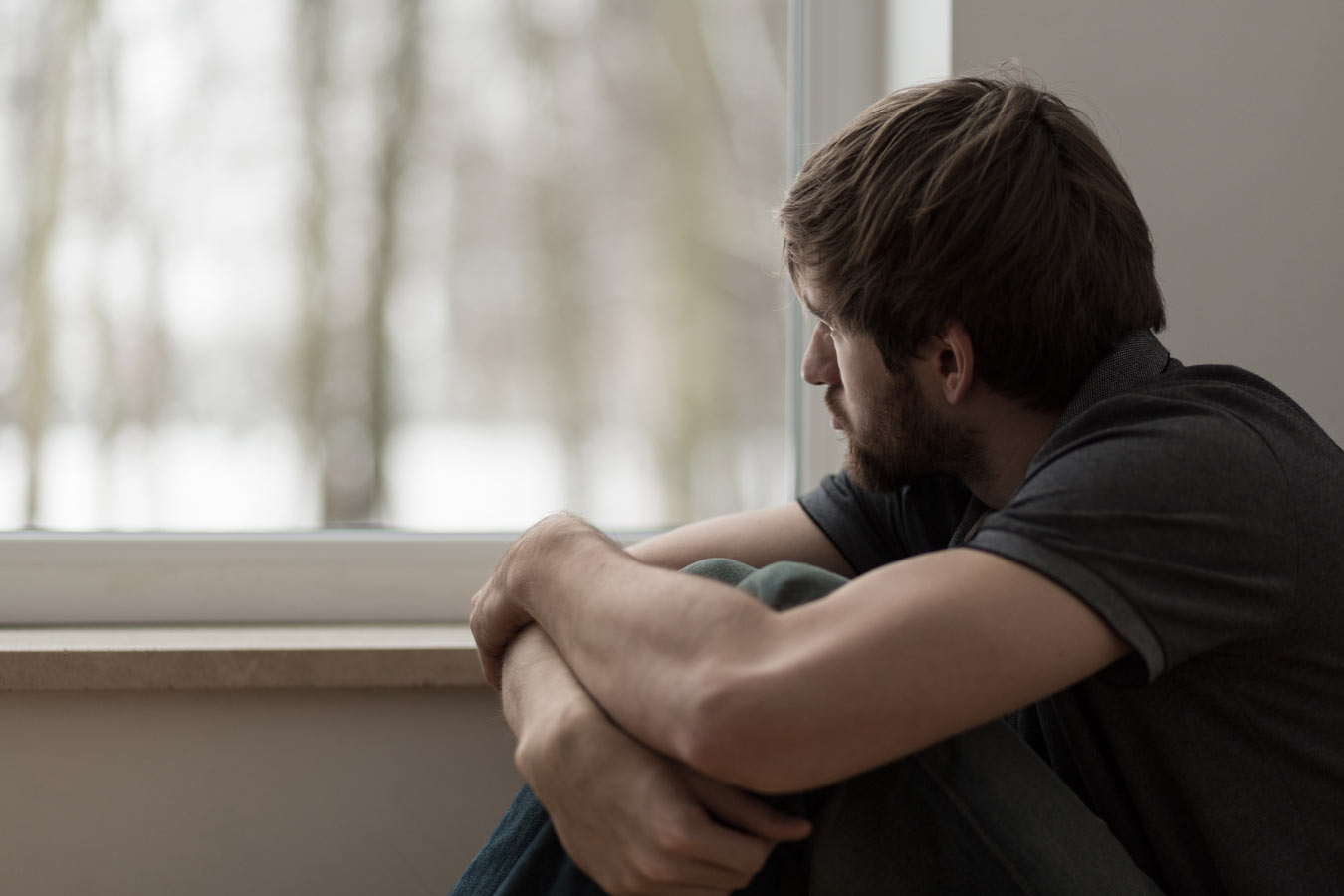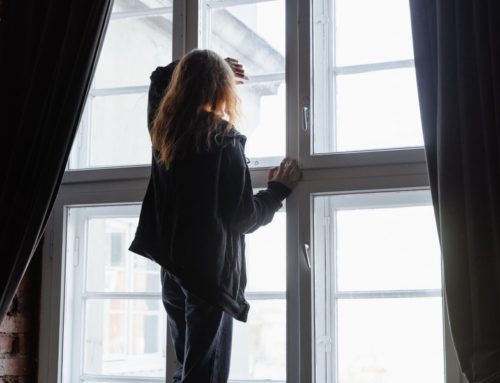Everyone associates feelings of sadness, emptiness and hopelessness with depression. A loss of pleasure in one’s favorite activities and an overall lack of interest in much of anything are also well-known symptoms of major depression. However, they’re not the only signs of trouble. Depression doesn’t always wave red flags and call attention to itself and it rarely hits like a tidal wave. Depression can be insidious and identifying some of its lesser known symptoms can help prevent it from sneaking up on you.
Irritability Runs Wild
If you’re having trouble regulating your temper and you find yourself flying off the handle more than usual, with no real reason, that’s a potential sign of trouble, particularly if you find yourself in towering rages. Increased anger and irritability are not universally experienced by people with depression, but in conjunction with several other symptoms, can indicate chronic depression.
Everything Hurts
Physical pain isn’t imaginary in depression. People with depression experience more aches and pains that those without. Joint pain, back pain and pain in one’s arms and legs are typical. Although it’s easy to think that being in pain may lead to depression, the reality is somewhat more complex. Depression and physical pain share the same neurochemicals. Sometimes, disruptions in those chemicals and their pathways signal disruption within the brain may be on the way.
Pain across the muscles of the shoulders, neck and abdomen is often a sign of stress building up in the tissues. These muscles also use the same neurotransmitters as the brain does in regulating mood. Dysregulation of these fundamental chemicals is a big part of depression. When you’re having lots of vague aches and pain, consider seeing your GP–and a therapist.
Your Weight’s Way Up Or Down
A change in your weight that you’re not trying for is associated with depression when it’s more than five percent of your whole weight in one month. Depression can kill your appetite or cause you to overeat.
Trouble Making Decisions
People often complain of “brain fog,” a lack of concentration and trouble focusing when depressed. The also experience a loss of mental clarity. Making decisions and evaluation one’s actions becomes very difficult. Decision-making at work and at home can become nearly impossible, which leads to even more pressure.
Overwhelming Feelings of Guilt
Depression causes feelings of guilt and shame for no reason. People concentrate on what they see as terrible personal failings that others don’t see at all. It’s not uncommon for people to slip into suicidal thinking because of feelings of guilt.
Personal Hygiene Deteriorates
Depression affects all aspects of your activities of daily living. People may struggle to collect enough energy to get out of bed in the morning. Bathing and other activities of daily living get neglected.
Depression has many more symptoms than a low mood. If you or a loved one is showing any of the above signs of depression, consider seeking help. Damaris Aragon, ARNP, BC provides a full spectrum of mental health care to people in Spokane, Washington and surrounding areas. She focuses on providing personalized, compassionate care that adheres to current evidence-based standards. Reach out to Damaris through her contact page or calling 509-342-6592.






